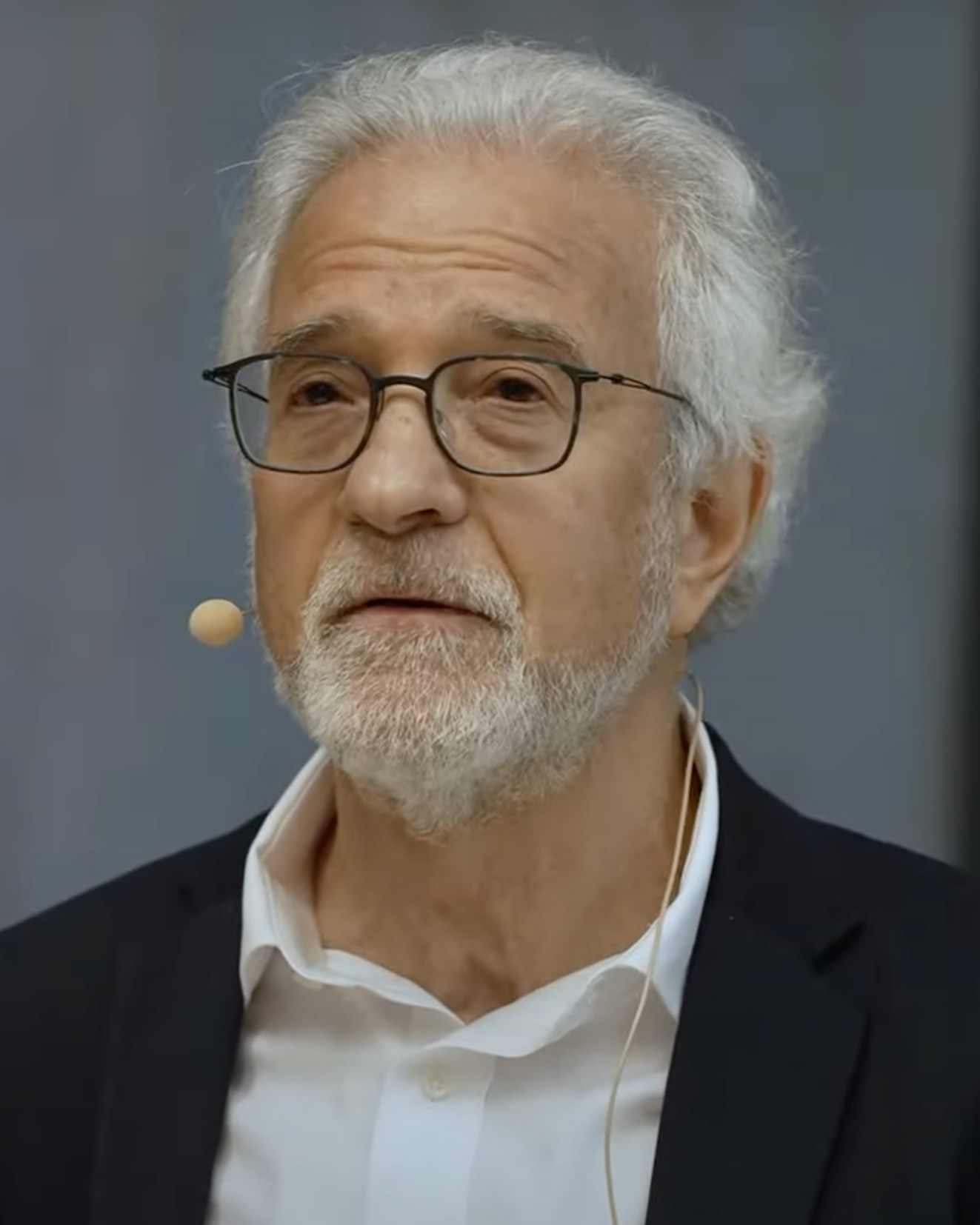Omer Bartov was accusing Israel of such “crimes” even before Oct. 7.
It’s no secret that, over the decades, the editors of The New York Times’ opinion pages have earned every ounce of criticism leveled at them by supporters of Israel—and yet they persist in finding the most extreme writers to showcase. A column published on July 15 may go down as one of the worst hit pieces the Times has published since the Hamas-led terrorist attacks on Oct. 7, 2023.
In “I’m a Genocide Scholar. I Know It When I See It,” Omer Bartov not only charges Israel with crimes it has not committed but also disgraces the memory of the 6 million Jewish victims of the Holocaust. The essay is more than 3,500 words. A typical New York Times op-ed column is reported to be between 750 and 800 words long. The Times itself has stated, “(T)he suggested length is 650 words.”
Why, then, did the opinion editors at the Times publish such an exceptionally long article? If you’re thinking that maybe it’s because it broke new ground, you’d be wrong. Bartov doesn’t offer his readers any new information that would warrant his verbosity. Instead, the piece repackages the same polemics that have been echoing in academic and activist circles for months, laced with inflammatory language and selective framing that ignores critical context.
Freedom of the press ensures the right of writers and publishers to try and hawk whatever nonsense they want, including lies about Israel engaging in “ethnic cleansing” and “genocide.” But what is outrageous about Bartov is that he presents himself as a fair arbiter when it comes to Israel—and the Times gives him a platform to do it.
Bartov is an Israeli-born professor at Brown University. In his essay in the Times, he seeks to legitimize his slurs against his former home by writing that he “served in the IDF as a soldier and officer.” Bartov should have become infamous in this post-Oct. 7 period for his claims that Israel is committing “genocide” in Gaza. This variation on the “As a Jew” criticism of Zionism and Israel is just as morally and intellectually flawed as any other claim that someone is somehow entitled to issue extreme rhetoric against the Jewish state and be above reproach.
Bartov has become a sensation in certain liberal circles for his hostility to Israel. The Birkbeck Institute for the Study of Antisemitism at the University of London featured him as a speaker in March. In the announcement for the lecture, Birkbeck stated that Bartov would speak about how Zionism has become “an ideology of ethno-nationalism, exclusion, and domination of Palestinians.” Such language deliberately flattens decades of complex history, ignores Palestinian rejectionism and erases the existential threats Israel continues to face—from Hamas to Hezbollah to Iran.
Let’s be clear: Bartov’s problem is not what is happening in the Gaza Strip. His problem is Israel’s very existence. He has been bashing Israel long before Oct. 7. Back in August 2023—more than two months before Israeli troops even entered Gaza—he was one of the lead signatories on a letter accusing Israel of conspiring to “ethnically cleanse all territories under Israeli rule of their Palestinian population.”
And he has a long record of similar pronouncements.
How can such outrageous accusations against the Times be taken seriously if he leaves out the fact that he was accusing Israel of such “crimes” before Oct. 7?
That Bartov’s op-ed was featured just as the Druze were being slaughtered in Sweida in southern Syria begs the question: Will the readers of the Times see unbiased analysis of the crimes, including the rape and slaughter of innocent Druze? Will Bartov or the opinion editors at the Times give these authentic atrocities the attention they deserve?
I won’t hold my breath.
*This article was originally published on JNS.org and shared with us by the author




